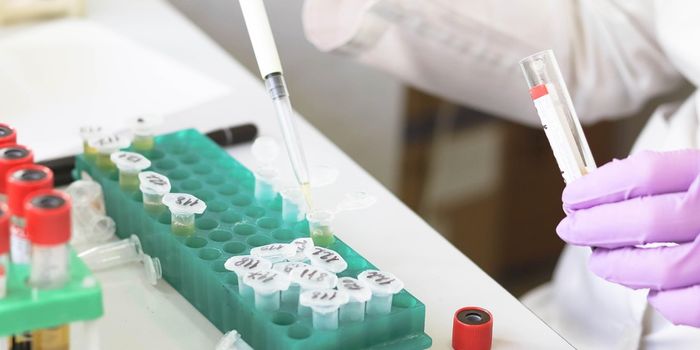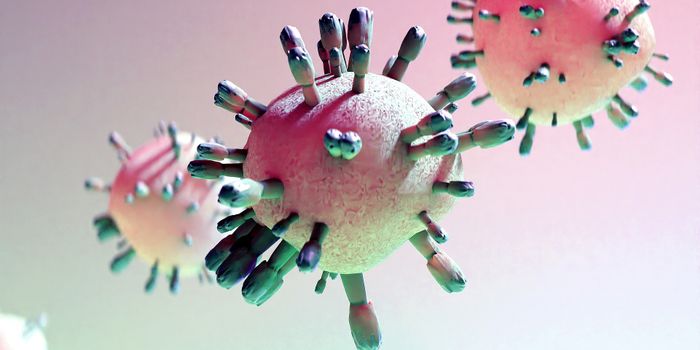In a First, T cells are Found in the Healthy Human Brain
The brain is shielded from many substances by the blood-brain barrier, but this shield is not impenetrable. There are immune cells in the brain called microglia that can respond to potential invaders in the brain, but there is a lot we don't know about how the adaptive immune system, which can 'remember' previous infections and respond accordingly, functions in the brain. Scientists have now shown that there are cells of the adaptive immune system in the brains of healthy mice and humans. These T cells can apparently migrate from the gut to the brain. This is the first reported evidence of T cells in the healthy brain. The findings have been published in Nature.
While T cells have been observed in the brain before, it's been thought that those T cells were responding to an infection, or leftover from a previous infection.
"We think of T cells as something that fights off infection and causes autoimmune disease, but the surprise of this study is that T cells have a different role in biology that we were unaware of," noted co-corresponding study author David Hafler, MD, a Professor at Yale School of Medicine (YSM). "With this paper, we've definitively shown that their presence is not just disease-related but part of normal physiology, and that changes everything."
In this work, the investigators identified high levels of T cells in a part of the brain known as the subfornical organ, which is related to the control of thirst and hunger. This was true in a mouse model, as well as in post-mortem human brains that were analyzed.
The subfornical organ is also a part of the brain that has a slightly permeable blood-brain-barrier. This may help cells in this region react faster when signals are telling the brain the body must drink or eat.
"This makes it all the more interesting that immune cells are also there, presumably to provide some kind of signal about the body's normal state," noted first study author Tomomi Yoshida, a YSM graduate student.
The work also showed that the gut microbiome is related to the brain's T cells. When baby mice started to eat solid food, their gut microbiomes changed, and T cells began to move to their brains. But when mice lacking gut microbes were raised in a sterile environment, there were no T cells in their brains. The removal of T cells from mouse brains also affected how they sought food after a short fasting period.
This research may have revealed the presence of a novel form of gut-brain communication in which immune cells let the brain know about the body's condition. While a gut-brain axis linking the microbiome to the brain has been found before (relating to the vagus nerve), this work enhances our understanding of how the gut can signal to the brain. Now we know the gut helps immune cells move to the brain, to a region related to hunger. These T cells could also be relating information about the status of the gut microbiome, the authors suggested.
Wang also suggested that T cells could be stopping in fat tissue prior to moving to the brain, and this may work as a kind of quality control mechanism, but more research will be needed to determine if that's the case.
The investigators also want to know more about T cell movement to the brain during various neurological disorders like multiple sclerosis or Parkinson's disease.
"This study raises more questions than it answers," added Yoshida. "But they're all interesting questions."
Sources: Yale School of Medicine, Nature









